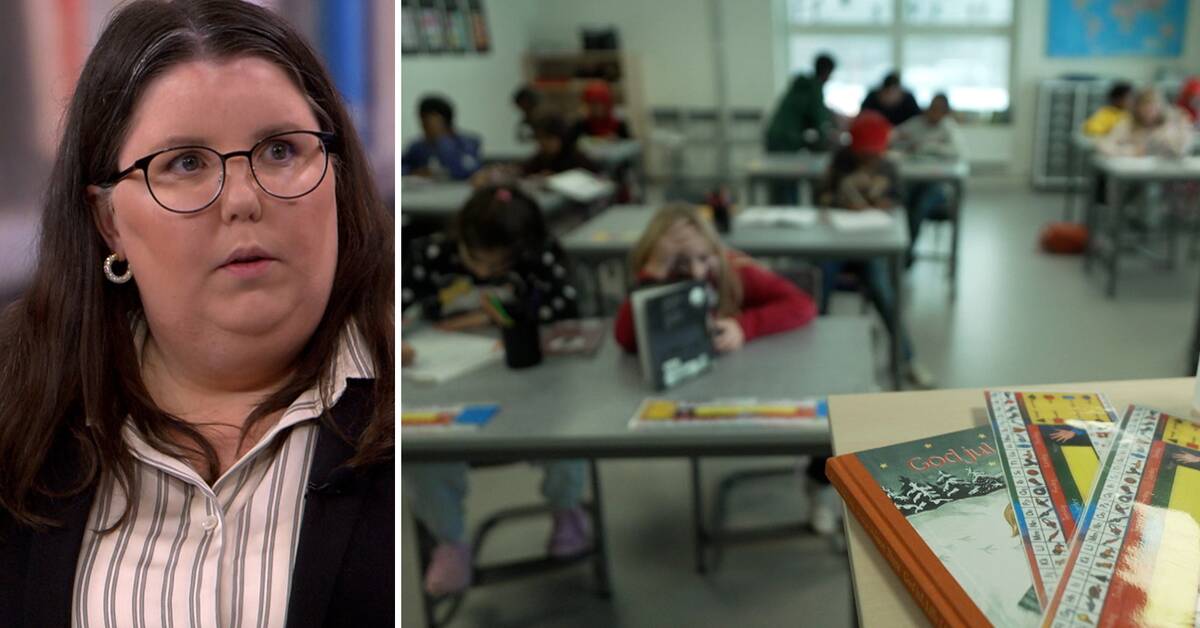On Monday, the results of the international study Pirls were published, which examines reading ability and attitudes to reading among students in grade 4. And in Sweden, children's reading comprehension is declining.
The report shows that socio-economic background and which school the student attends are of great importance for the results. But at Hammarkullsskolan, which is located in a vulnerable area and has many students with a foreign background, the negative trend of knowledge has been reversed. Above all, by creating a clear reading culture, according to Deputy Principal Linnéa Lindquist.
"We have a full-time trained librarian even though we only have 200 students at the school. We work with early follow-up, primary school teachers in preschool class so that we really work with basic reading learning from the age of six," she says.
Criticism of the Swedish National Agency for Education
Students who start in year 1 without basic reading skills may attend intensive training for six weeks.
"Some schools succeed because we don't care much about what the National Agency for Education says. We do what we know works. But we need school authorities that support teachers in their mission, not work against the school's intentions," she says.
Martin Ingvar, a neuroscientist at Karolinska Institutet, agrees that the National Agency for Education has failed.
– The big problem today is that we do not have methods that are generally proclaimed by the National Agency for Education to schools, so the school is not led by the National Agency for Education and what is the common knowledge in the world. But you make nonsense, he says in Aktuellt.
'Not acceptable'
The Swedish National Agency for Education claims that the pandemic is a partial explanation for the deteriorating results, but Martin Ingvar does not buy that. He believes that the Swedish school system has failed students with Swedish as a second language and students whose parents have low education.
"It goes against the school's equalization mission and it's not acceptable," he says.
Hear Martin Ingvar and Linnéa Lindquist about the shortcomings of the school system in the video player above.

